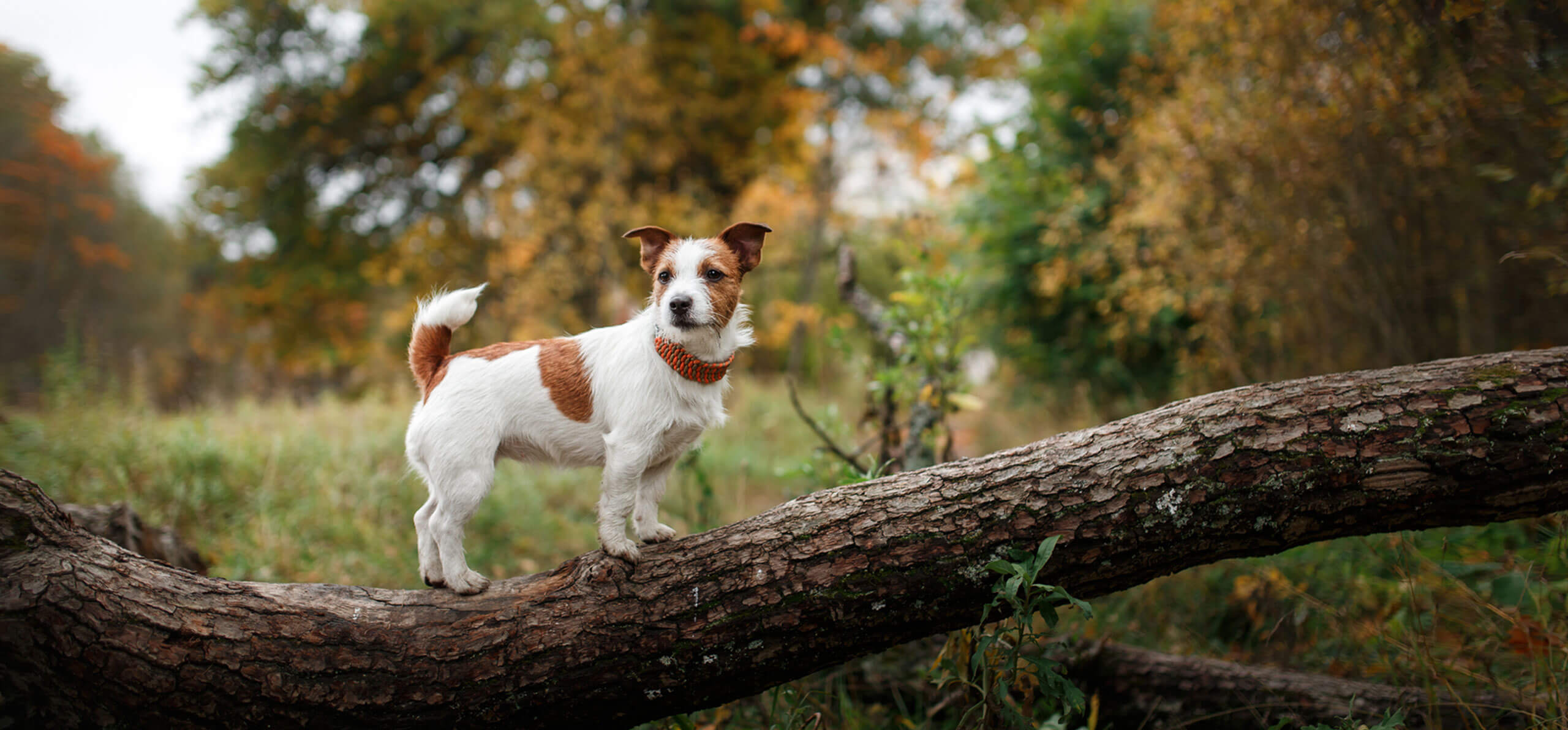Smaller size, longer life
Little dogs generally live longer than larger breeds. However, small breeds do have health-specific issues like leg and joint issues, including hip dysplasia when the bone doesn't fit properly in the hip socket, or a slipped kneecap, making them prone to arthritis.
Many flat-faced smaller dogs such as French Bulldogs, Pugs, Cairn Terriers or Cavalier King Charles Spaniels can have breathing problems due to shortened airways. As always, watch for size-specific conditions and keep up with your little guy’s veterinarian visits.
Energize good health
Small bodies don’t necessarily mean smaller appetites. Little dogs are usually bundles of energy and a 10-pound terrier needs different food than a 100-pound mastiff. Feed your small breed food specially formulated for his size, featuring higher levels of proteins and carbohydrates for his elevated energy needs, and even small-sized kibble, which can help remove tarter when he chews.
Exercise, socialize
Yes, small dogs look adorable peering out from a handbag or doggie tote, but they’re still canines who need plenty of exercise. Regular walks are a must for all dogs’ physical and mental health, whatever their size. Be aware of any limitations your small breed may have for any endurance activities, such as shorter legs, and always check with your veterinarian to ensure your little guy is healthy enough for any activity.
Your small dog may be your “baby” size wise, but try not to baby him. We know it’s hard when he looks so ridiculously cute, especially as a pup, but you won’t be doing him or yourself any favors if you spoil him.
Proper training and socializing with other dogs is necessary to help channel all of your little guy’s high-octane energy. With a healthy amount of exercise and socialization skills under his collar, you can avoid the yappy and skittish qualities too often associated with small breeds.

